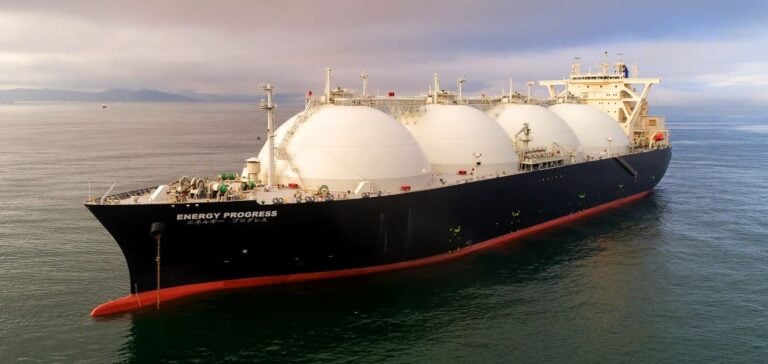Global natural gas markets continue to experience significant pressure as demand rises, particularly in Asia, while supply struggles to grow at the same pace. According to the latest quarterly report from the International Energy Agency (IEA), the global gas balance remains fragile, despite a gradual attempt to rebalance markets in 2024. This situation is expected to continue into 2025, with liquefied natural gas (LNG) output still limited, while demand growth persists.
The report highlights that global gas demand rose by 2.8% in 2024, or approximately 115 billion cubic meters (bcm), which is well above the 2% average growth rate recorded between 2010 and 2020. This demand is primarily driven by markets in Asia, which remain the main consumers of gas. However, this growth is hindered by only modest increases in LNG export capacity, due to the slow post-pandemic recovery and global energy shocks.
While the halt of Russian piped gas transit via Ukraine on January 1, 2025, does not present an immediate supply security risk for the European Union, it could increase European LNG import requirements, thereby intensifying global market pressures. Experts warn that Moldova’s vulnerability is significantly higher than that of the EU, requiring close cooperation with regional and international partners to ensure energy security throughout the winter.
Global Gas Demand Forecast to Slow in 2025
Global gas demand growth is forecast to slow to below 2% in 2025. While this may seem modest, it will still be driven by Asia, where gas demand remains high. The IEA expects over half of the global increase in gas demand to come from this region. However, the slow expansion of LNG production capacity, compounded by extreme weather conditions, continues to put pressure on market fundamentals.
Geopolitical Tensions and Price Volatility
Gas price volatility remains high, fueled by increasing geopolitical tensions. The IEA emphasizes that the current situation requires strengthened international cooperation to secure the supply of natural gas. While efforts have been made since the beginning of the energy crisis, greater collaboration between producers and consumers remains essential. The report stresses the need to reinforce the global architecture for gas supply security, a critical challenge for the coming years.
Strengthening International Cooperation for Energy Security
The IEA has also established a permanent working group, the Working Party on Natural Gas and Sustainable Gases Security (GWP), aimed at facilitating data and information exchange among its members and promoting dialogue between producers and consumers. In April 2025, the IEA will host an International Summit on the Future of Energy Security, which will focus on both traditional and emerging risks related to energy security, including natural gas. This event will be hosted by the UK government and aims to address these challenges in a global context.





















